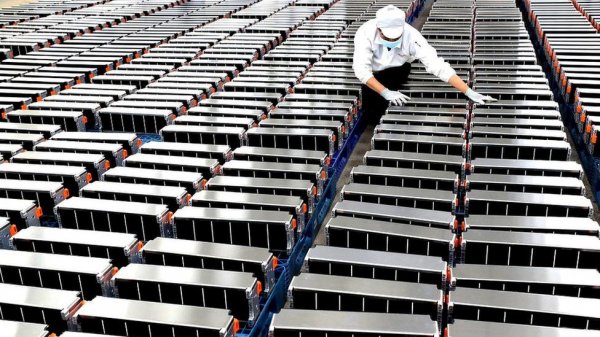GHT
I'll Lock Up
- Messages
- 9,330
- Location
- New Forest

While electric vehicles may be carbon neutral during their working lifetime, there's concern about what happens when they run out of road - in particular what happens to the batteries.
In 10 to 15 years when there are large numbers coming to the end of their life, it's going to be very important that we have a recycling industry.
While most EV components are much the same as those of conventional cars, the big difference is the battery. While traditional lead-acid batteries are widely recycled, the same can't be said for the lithium-ion versions used in electric cars.
BBC Report.